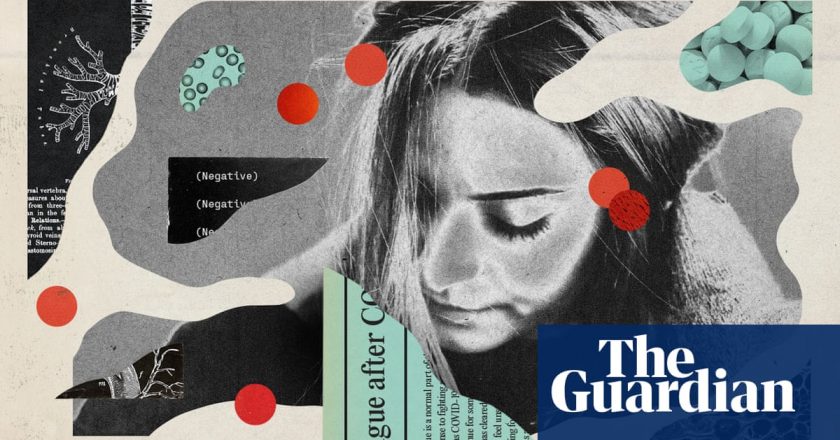Before the coronavirus pandemic swept through New York City like a foaming white storm surge in the spring of 2020 and irrevocably displaced the trajectory of her life, Hannah Davis was an expert in artificial intelligence and machine learning. She gave talks on her projects, which included working with a computer program that generated music from literature, at Ted conferences, technology expos, even the Library of Congress.
Toward the end of March 2020, as the first wave was gathering speed and the number of new cases in the US was inching upward toward 20,000 a day, Davis was living in the Bedford-Stuyvesant neighborhood of Brooklyn – an area that would become one of the hardest-hit communities in the borough. She was stocking up on supplies one final time at a local grocery store befo...









